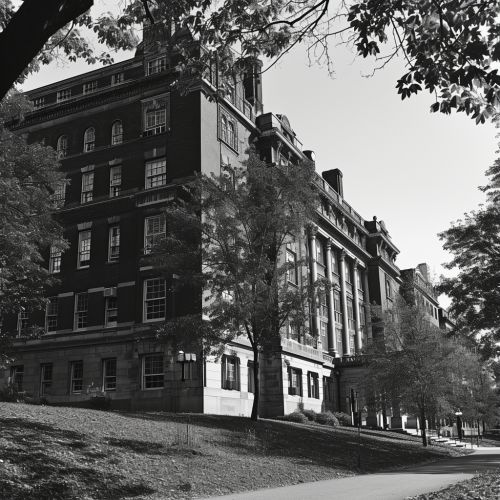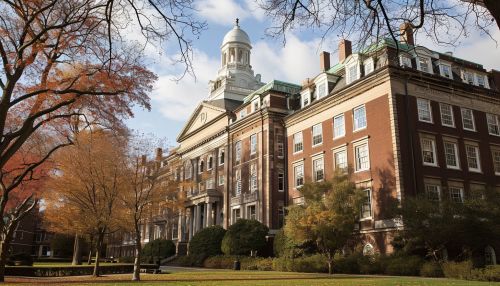David Hubel
Early Life and Education
David Hunter Hubel was born on February 27, 1926, in Windsor, Ontario, Canada. His parents were American citizens and moved the family back to the United States when Hubel was a young child. He grew up in Montreal, Quebec, where he developed an early interest in science and biology.
Hubel completed his undergraduate studies at McGill, earning a Bachelor of Science degree in Mathematics and Physics in 1947. He then went on to pursue a medical degree at the same institution, graduating in 1951. His medical studies sparked a particular interest in neuroscience, a field that would become the focus of his career.
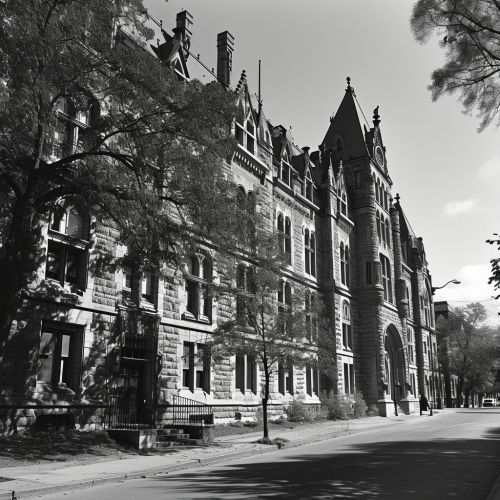
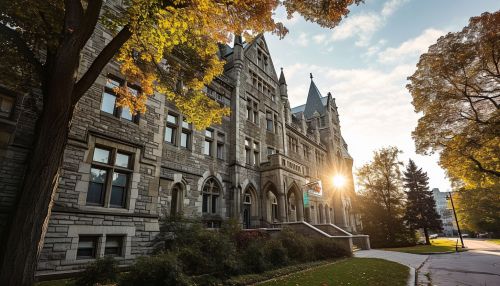
Career and Research
After completing his medical degree, Hubel moved to the United States to work at the Johns Hopkins as a neurologist. His work there led him to the field of neurophysiology, and he began conducting research on the nervous system.
In 1958, Hubel began working at Harvard, where he met Torsten Wiesel. The two formed a long-lasting research partnership, focusing on the study of the visual cortex. Their work revolutionized the understanding of visual information processing and the role of individual neurons in perception and recognition.
Hubel and Wiesel's most significant contribution to neuroscience was their discovery of 'orientation selectivity' in neurons in the visual cortex. They found that specific neurons respond optimally to certain edge orientations and less so to others. This finding was a fundamental breakthrough in understanding how the brain processes visual information.
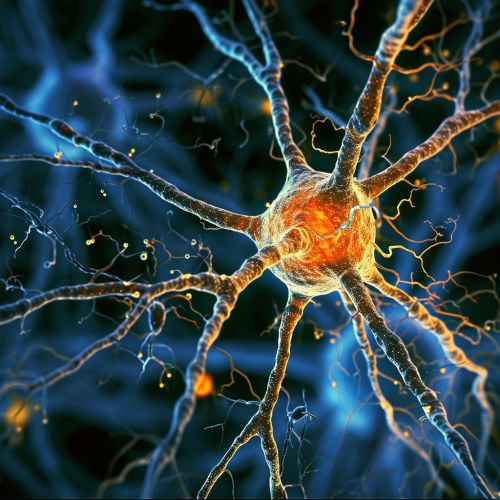
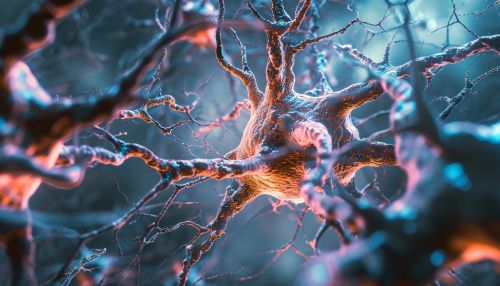
Awards and Honors
Throughout his career, Hubel received numerous awards and honors for his contributions to neuroscience. In 1981, he and Wiesel were awarded the Nobel Prize for their work on the visual system. They shared the prize with Roger W. Sperry, who was recognized for his research on the functional specialization of the cerebral hemispheres.
In addition to the Nobel Prize, Hubel received the Albert Lasker Award in 1978 and the National Medal of Science in 1982. He was also elected to the National Academy in 1972.
Later Life and Legacy
Hubel continued to work at Harvard Medical School until his retirement in 2007. He passed away on September 22, 2013. His contributions to neuroscience, particularly our understanding of the visual system, continue to influence the field today.
Hubel's work has had a profound impact on various areas of neuroscience, including the study of visual perception, brain development, and neural plasticity. His findings have also been crucial in the development of treatments for visual disorders and have contributed to the field of artificial intelligence by providing insights into how the brain processes information.
